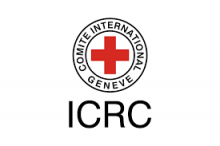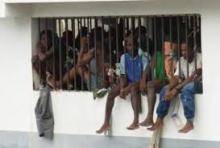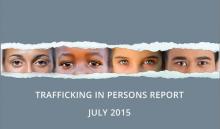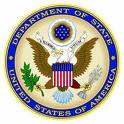Aid Delivery Depends on Talking to 300 Gangs
No matter how bad insecurity ever has been, the International Committee of the Red Cross (ICRC) has always maintained an important presence in Haiti. With approximately eighty percent of Port-au-Prince being under gang control, the ICRC must maintain constant communication with many of the 300 gangs and manage their ever-shifting alliances in order to provide assistance to the most vulnerable. In response to Haiti's worsening situation, ICRC intends to increase its humanitarian efforts including by expanding training for emergency health staff, ambulance services, and support to over-burdened health care facilities in insecure neighborhoods. The full BBC article by Vanessa Buschschlüter is linked and follows.





